Google Photos has rolled out a series of new AI-powered features, including a way to edit objects and people in images, a new Ask button for AI-powered answers about the photo or edit requests, AI templates to create new photos, and the expansion of natural language search to over 100 countries. The company first introduced prompt-based editing for Pixel 10 series phones in August. Now, iOS users in the U.S. can describe their edits using voice or text to modify images, Google announced Tuesday. The company is also bringing its redesigned photo editor with easy editing options to iOS.
The upgrade includes a new personalized edits feature that recognizes people from Google Photos face groups. Users can find the Help me edit option and type several instructions applicable to people within the photo. For instance, Remove Rileys sunglasses, open my eyes, make Engel smile, and open her eyes to get edits related to each person. Google is also adding its popular AI image model, Nano Banana, to Google Photos to let users edit their photos to recreate images in new styles like a Renaissance portrait or cartoon strip. Google is also adding AI templates to easily let users create new photos with pre-designed layouts and effects.
"We're excited to bring these new features to our users, making it easier for them to edit and manage their photos," said a Google spokesperson. "Our goal is to provide a seamless and intuitive experience for users to create and share their memories." The company's AI-powered search feature, which allows users to search for photos using natural language, is now available in over 100 countries.
The expansion of natural language search is significant, as it enables users to search for photos using everyday language, rather than relying on specific keywords or tags. This feature has been available in the U.S. since 2022, but its global rollout marks a major milestone in the development of AI-powered search. The feature uses machine learning algorithms to analyze the content of photos and identify relevant keywords, making it easier for users to find specific images.
The new features in Google Photos are part of a broader trend in the development of AI-powered photo editing and management tools. Other companies, such as Adobe and Microsoft, have also been investing in AI-powered photo editing capabilities. The implications of these developments are significant, as they have the potential to revolutionize the way we create, edit, and share photos.
The expansion of AI-powered search to over 100 countries also raises questions about the role of AI in society. As AI becomes increasingly ubiquitous, it is essential to consider the potential consequences of its use, including issues related to bias, privacy, and job displacement. Google's AI-powered search feature, for example, has been criticized for its potential to perpetuate biases and stereotypes in search results.
Despite these concerns, Google's new features in Google Photos are likely to be widely adopted by users. The company's commitment to innovation and user experience has made it a leader in the development of AI-powered photo editing and management tools. As the company continues to push the boundaries of what is possible with AI, it will be interesting to see how users respond to these new features and how they impact the way we create, edit, and share photos.
The current status of Google Photos is that the new features are now available to iOS users in the U.S. and will be rolled out to other countries in the coming months. The company has not provided a specific timeline for the global rollout of the features. However, it is likely that the features will be widely adopted by users in the coming months, as they become available.










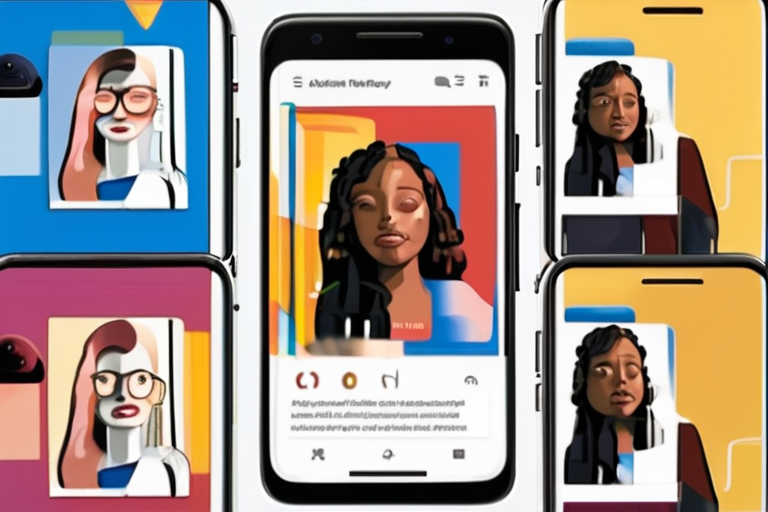

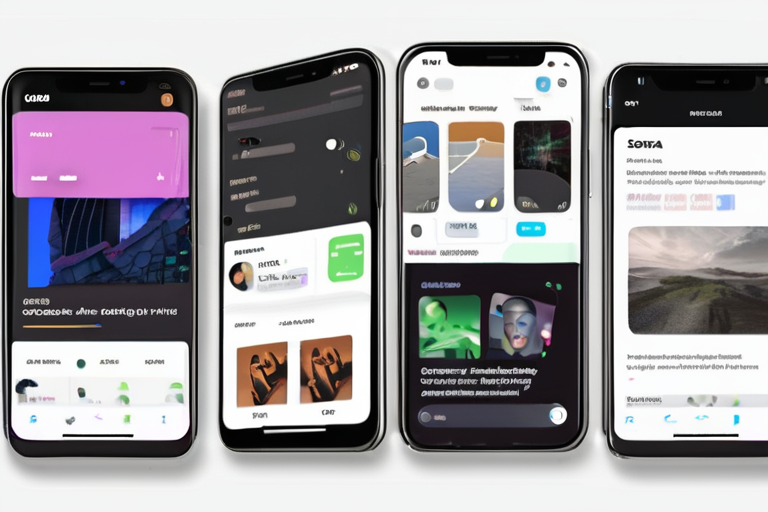
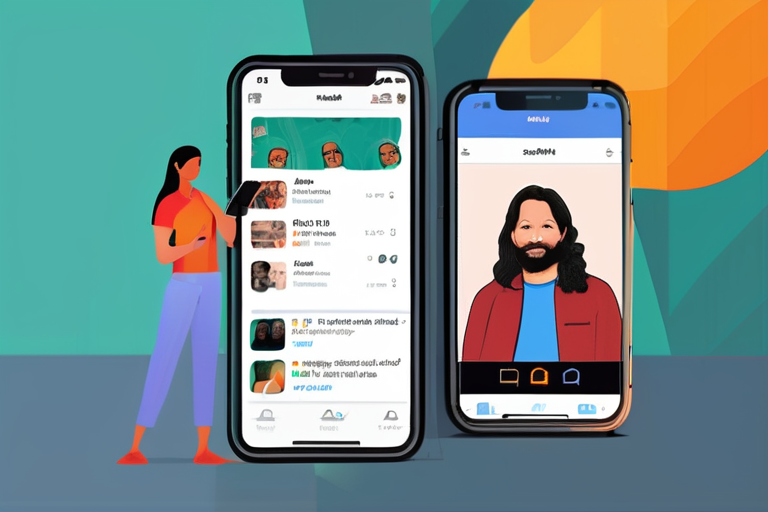



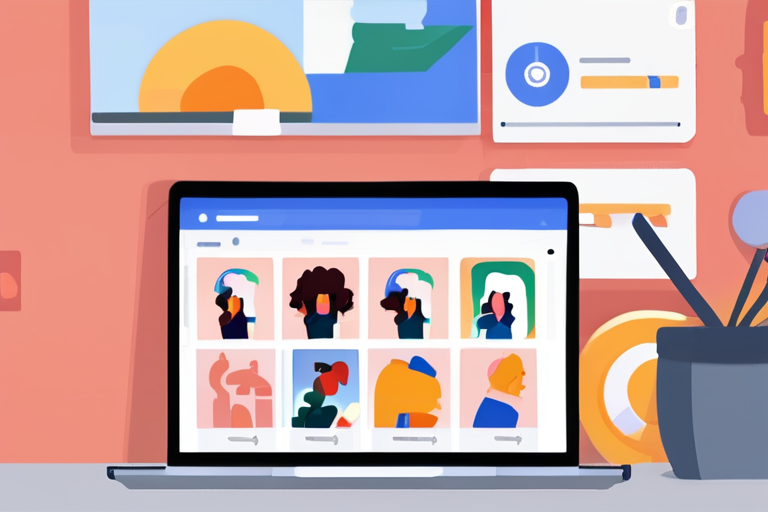



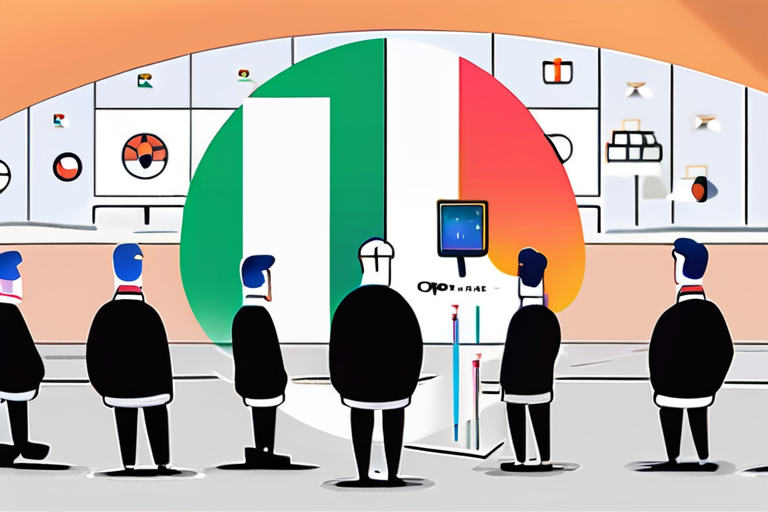

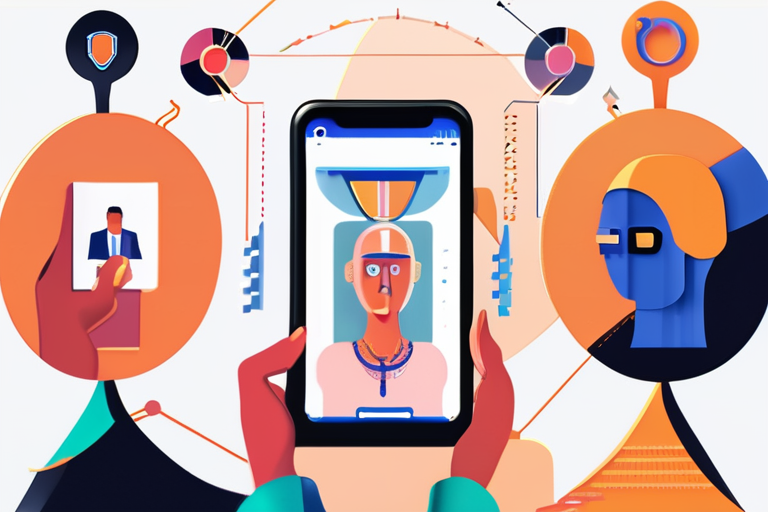


Share & Engage Share
Share this article